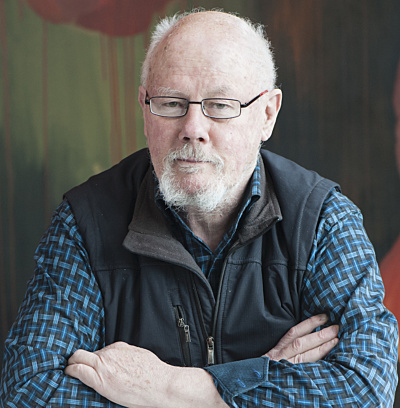Agony Uncle: What's the point of signatures on membership applications?

Dear Agony Uncle,
Our association’s membership application form currently requires the applicant’s signature. We would like to digitise this process, in conjunction with switching to an online system for payments, in order to make it easier for people to become members. Have other associations and not-for-profits made this change under the Electronic Transactions Act 2001, or on some other legal basis? Is it necessary for us to change our constitution? We are in the health and disability sector.
Dottie Lineman, South Australia
Dear Ms Lineman,
Let’s look at this on three levels:
1. What’s the actual problem?
2. What does the law say?
3. What, in view of (1) and (2), should you do?
First, then, is any actual problem either solved or created by having an electronic signature? To put it another way, what is the point of a signature?
If you look at it rationally, a requirement for a written signature on any document is pretty crazy. How does this scribble help you? How can you possibly check on it? You don’t know how John Smith signs his name – still less how he signs it if he’s tired, or drunk, or has a blister on his index finger from pruning his hedge. That means you can’t tell whether the signature in front of you is his or not. Absolutely the only thing a signature is good for is increasing the penalty for breach; if someone’s forged the signature, they can in theory be prosecuted for it. This only becomes significant, however, if what you’ve been trying to avoid has already happened.
So what are you trying to avoid here? Why is it important to know that the form has been endorsed by the right person? Two possible answers:
- Because the signature creates a contract whereby the signer agrees to observe the rules, and you don’t want them to say later that it wasn’t them and they’re not bound by the rules.
- Because you don’t want one person signing up for 50 memberships under different names and using their votes to rig your elections.
If you see either of these situations as real risks – and I can’t see the first as a big issue, because you don’t often want to hang on to reluctant members – you’ll need to put measures in place to monitor them, ideally at the point where the prospective memberships are approved by the board. But those measures aren’t going to be greatly influenced by whether the suspect forms are physical or electronic: the dangers, and the remedies, are the same either way.
If you were worried about fraud you could, for example, require an existing member to nominate all new members. But if you’re not worried about fraud you shouldn’t introduce this requirement, because you don’t want to put off prospective members by tiresome formalities.
So – now that we’ve more or less established that whatever you decide will have no practical effect – what’s the law?
The answer appears to be “loose and permissive”, though also “rather indeterminate” and “seriously lacking caselaw”.
Given the general permissiveness of signature law and the general bias of the system towards giving boards their head, it can be absolutely guaranteed that no external agency is going to take the slightest interest in what your organisation does in this area, or in how you decide what to do.
So what should you do? Whatever’s simpler, which I assume is not having a constitutional amendment. However, you shouldn’t take that as a licence to be sloppy. Your electronic membership form should be secure, reliable and confirmed (that is, you should check back with the email address on the form, via email). It should also be clear about what applicants are signing up to: remember, it’s a contract.
If anybody obstinately insists on asking for a printed form, they’re entitled to do so under the Associations Act in at least some states, so you’ll just have to scan those in to your system.
Has your organisation got a problem? A deal-making dilemma or a constitutional conundrum? Found yourself in a personality pickle or a media muddle? Our Community’s resident Agony Uncle, Chris Borthwick, is here to help. Email your question to chrisb@ourcommunity.com.au. Some of the details in the letter above have been anonymised.